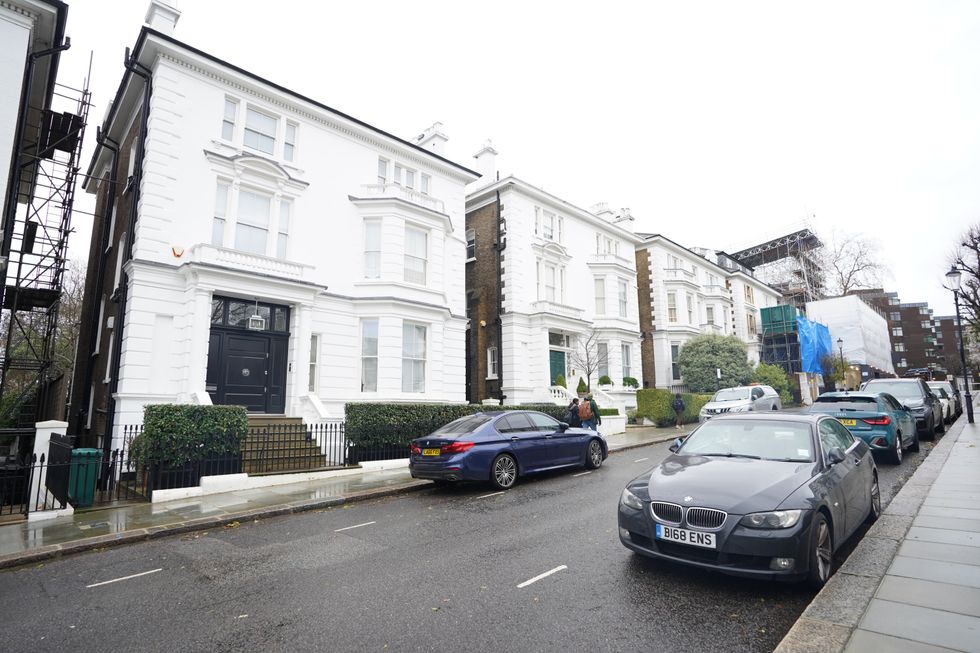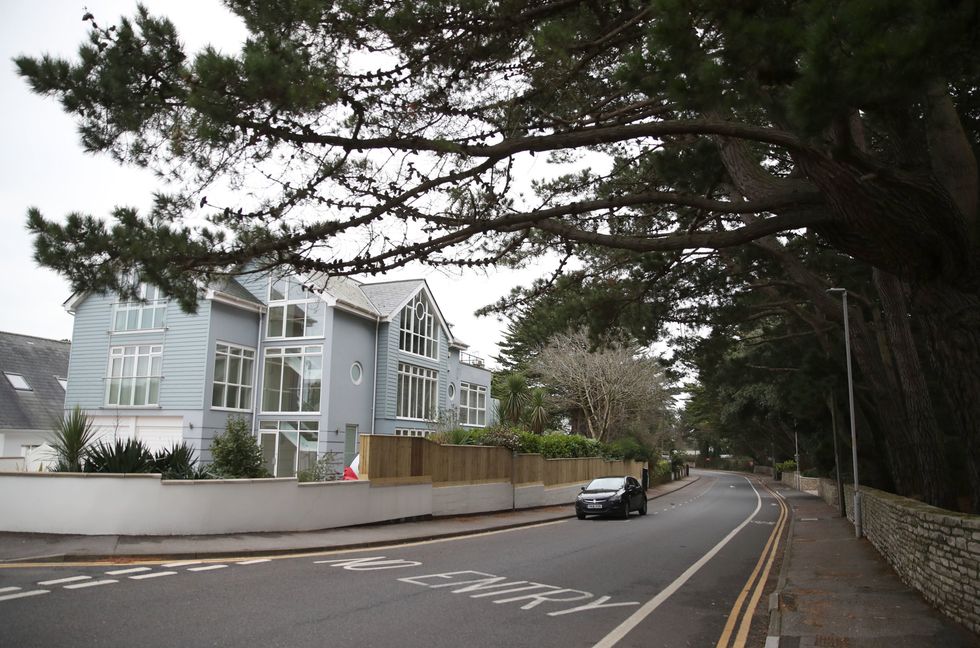Rachel Reeves is said to be moving to introduce a “dangerous” new tax on middle-class Britons.
The Chancellor, who just days ago was reported to be targeting doctors, lawyers and accountants, is now set to slap landlords with a mansion tax.
Under the proposals, the owners of properties worth £2million and above would face a charge of one per cent of the amount by which the property exceeds that value.
This means owners of a £3million property would face a bill of £10,000 every year.
According to estate agent Savills, an estimated 142,500 properties in the UK were worth £2million or more by the end of June 2025.
Property experts have condemned the policy as a “blunt and crude instrument” which would harm the housing market and damage older households.
The Tories criticised the plan, deeming it counter-productive and class-based.
The mansion tax raid is part of Ms Reeves’ plan to target the rich in her upcoming Budget, which looks set to include a hike in income tax and the removal of pensioners’ tax-free allowances.

LATEST DEVELOPMENTS
- Rachel Reeves ‘considers raising INCOME TAX and breaking manifesto pledge to plug £30billion hole’
- Economy update: Boon for Rachel Reeves as retail sales surge ahead of Budget despite store closures
- ‘Economy on its knees!’ Lizzie Cundy tells Rachel Reeves it is ‘time to RESIGN’ over tax hikes and national debt
Treasury Minister Torsten Bell is helping lead the preparations, having previously worked as Ed Miliband’s director of policy when he was party leader.
Under the plan, homes worth between £2million and £3million will pay £3,000 a year in additional taxes, as owners of homes worth tens of millions and second home owners will pay much higher rates.
Shadow Chancellor Mel Stride said: “Keir Starmer and Rachel Reeves promised not to raise taxes, now we know they are planning to do just that.
“If Starmer and Reeves introduce a so-called mansion tax, they will be punishing aspiration and hitting hard-working people. This isn’t fairness, it’s class war.”

Mr Stride continued: “If Rachel Reeves had a backbone, she’d get a grip of spending, including the welfare bill, instead of raising taxes again and chasing out the very wealth creators our economy depends on.
“Under Labour, nothing is safe, not your job, your home, your savings or your pension. Rachel Reeves will tax your children’s future to pay for her failure.”
Should plans go ahead with a mansion tax, a difficult bureaucratic property revaluation will be required, with current council tax bands based on property values as of April 1991.
Until last year, Mr Bell had proposed a reform of property taxation in the UK, floating the idea of scrapping council tax and replacing it with a flat charge of 0.5 per cent of a property’s value every year.

The foundation also suggested scrapping the current inheritance tax system and replacing it with a new one that levies tax on individual heirs, not estates, with a lifetime tax-free allowance of £125,000, a basic rate of 20 per cent tax on inherited income up to £500,000 and a 30 per cent tax on income of more than £500,000.
Head of residential research at Savills, Lucian Cook, said a mansion tax was a “very blunt and crude instrument” that was unlikely to truly target the wealthy.
He said: “There’s a big difference between someone in a £2million house without a mortgage and someone with a sizeable mortgage. So it doesn’t necessarily capture net wealth at all.”
Mr Cook noted that it was “very difficult to get accurate valuations” of properties worth over £2million, as such houses are usually “quite specific properties, so administering this tax is going to be expensive because any valuation is likely to be contested”.
Our Standards:
The GB News Editorial Charter







Follow